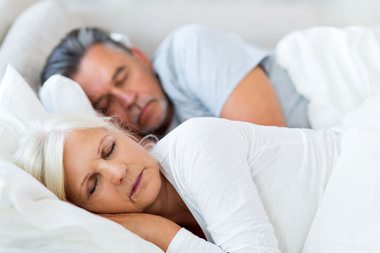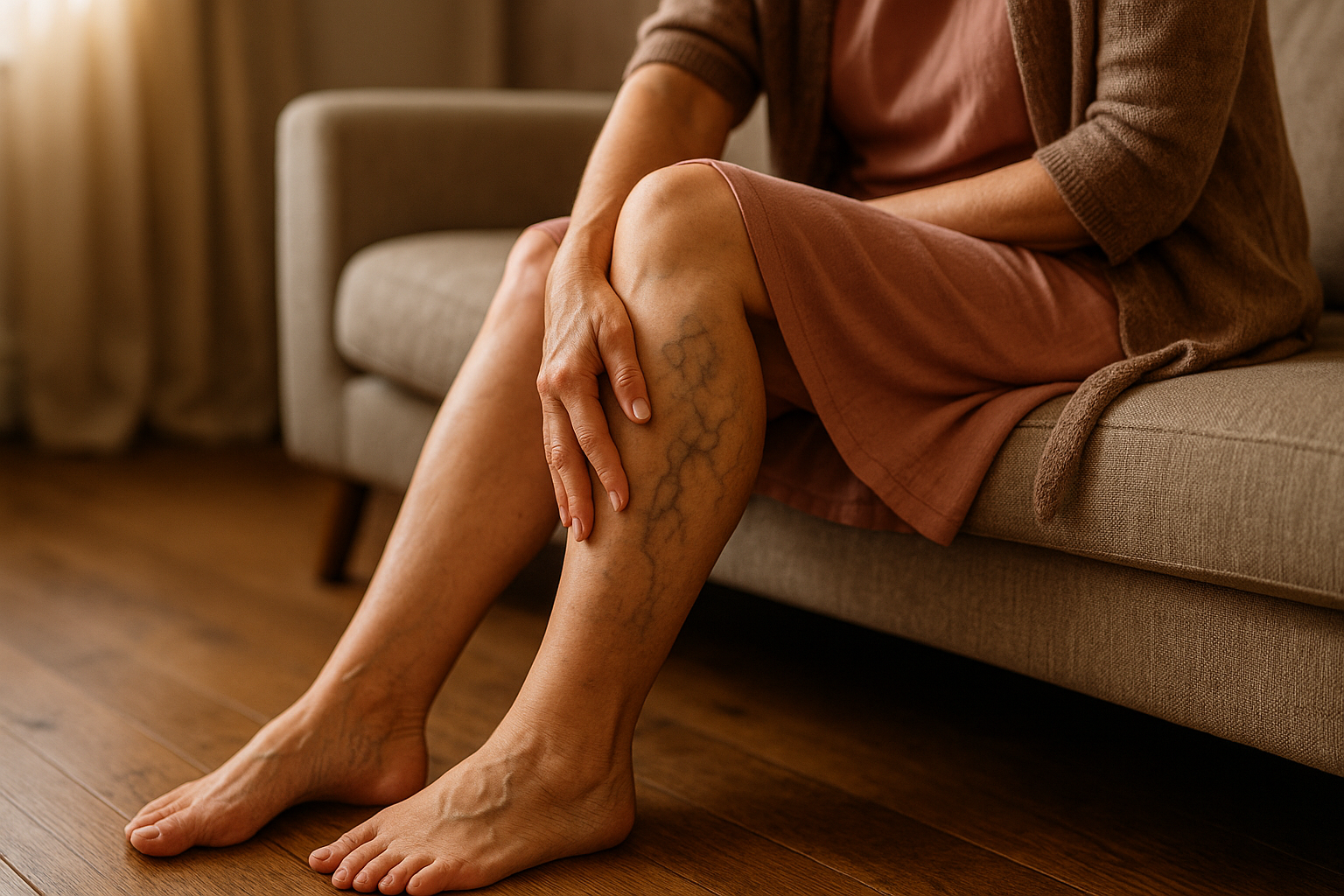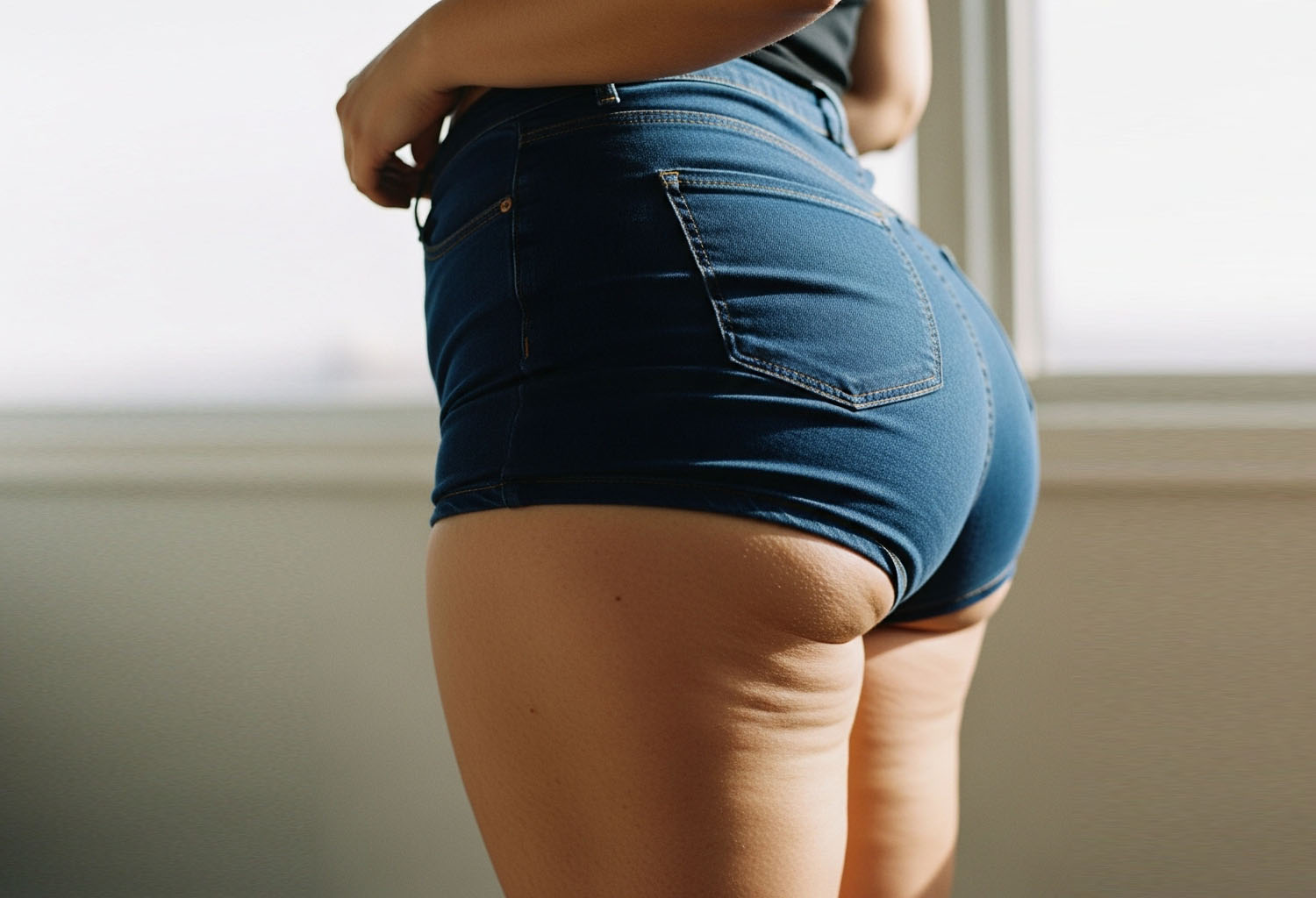
Sleep disorders are among the most common health complaints in the population, according to a health report by the German government. According to surveys, about 25 per cent of adults suffer from sleep disorders, and more than ten per cent experience their sleep as frequently or permanently non-restorative. According to the federal government's "Sleep Disorders" study, the causes of sleep disorders are manifold - but many people can do something about them without classic medical treatment, for example with natural vital substances and apps.
Let's turn back time a few millennia and dare to take a look at the heaven of the gods of the ancient Greek culture. In addition to the famous gods Zeus, Hera, Poseidon, Hades and others who reside on Mount Olympus and who are still well known today, Greek mythology also gathers numerous other celestial figures, for example Hypnos, who is commonly regarded as the god of sleep. He is the brother of Thanatos, who represents death, and was born of Nyx, the night. As Hypnos was said to have the ability to put gods and humans into deep sleep, the term hypnosis was derived from his name. According to legend, Hypnos fell in love with the youth Endymion because of his beautiful eyes. In order to be able to admire them at all times, Hypnos enchanted the sleeper so that his eyes would remain open even during sleep. He even succeeded in putting Zeus, the father of the gods, into deep sleep twice.
Good sleep is indispensable
Many people would like to visit this ancient god today. For a growing number of Germans are no longer granted a blessed sleep. The Federal Health Report on "Sleep Disorders" (issue 27) states: "Sleep disorders are among the most common health complaints in the population. According to surveys, about 25% of adults suffer from sleep disorders, and over 10% experience their sleep as frequently or permanently non-restorative." This is highly problematic, because "sleep is indispensable and it is an essential prerequisite for health and performance. The optimal duration for a restful night's sleep varies from person to person and, according to a survey, is 7 hours and 14 minutes on average in Germany. There is no objectively binding measure. Old people generally do not sleep less, but their sleep is characterised by less deep sleep. According to a British study on a group of 400 adults, women from a mean age of 35 years have a sleep duration of seven hours and 34 minutes, 45 minutes longer than men. According to the same study, women's sleep duration decreases by half an hour from the age of fifty, while the reduction in sleep duration for men in the same age group is 5 minutes, so that in old age, sleep duration for both sexes converges to about 7 hours."
The risks of sleep problems are manifold
But no one has to panic right away. According to the federal government's study "Sleep Disorders", the causes of sleep disorders are manifold, but only a comparatively small percentage of those who complain of sleep disorders or non-restorative sleep have specific sleep-related medical conditions. This means: "Most of those affected can be helped effectively without the use of equipment. Through targeted questioning, sleep disorders can be identified that have their cause in behaviour that disturbs the sleep-wake rhythm or restful night sleep, or that are based on the use of sleep-disturbing substances. Psychiatric or organic diseases can also cause sleep disorders. Only a small proportion of those affected require an examination in a sleep laboratory - according to estimates by the German Society for Sleep Research and Sleep Medicine (DGSM), about one percent of the total population."
The risks of sleep difficulties are manifold. If they remain unattended or are not adequately cared for, this often causes high societal costs, for example through accidents, reduced performance, sick leave and early retirement, in addition to the suffering of those affected, according to the health report. Non-restorative sleep can be the cause of production errors, errors in control and monitoring activities and falling asleep at the wheel of motor vehicles. Sleep disorders and sleep-related medical conditions prevent those affected from achieving their private, social, educational and professional goals. Thus, the consequences of sleep disorders went far beyond the level of subjectively expressed complaints such as insomnia, increased sleepiness or fatigue. Therefore, the motto is: "If sleep disorders and sleep medicine diseases are correctly identified at an early stage, there are good chances of success today for cause-oriented prevention, treatment and rehabilitation."
Digitalisation combats sleep problems
In addition to numerous natural substances such as valerian, lemon balm and CBD, a substance from the cannabis plant, which can help create the best conditions for normal and restful sleep, technical solutions are also being pushed. In a document obtained by "Handelsblatt Inside", the investment bank Bryan, Garnier & Co predicts a trend: digital applications for healthy sleep. Users would have an ever greater interest in measuring their sleep behaviour and applying methods such as meditation. Incidentally, poor sleep has been shown to not only harm individuals, it also increases health care spending. Overall, sleep disorders cost the US healthcare system 335 billion euros a year, writes the investment bank Bryan, Garnier & Co in its report.
Many companies are now looking at digitising this problem, reports "Handelsblatt Inside". These include Livongo, Omada Health, Big Health or Calm: These companies offer digital therapy services for people with sleep disorders, in which their sleep is given special consideration alongside nutrition and fitness. Big Health offers users a sleep improvement programme in the app Sleepio, which is based on methods from cognitive behavioural therapy. Last June, the company raised 33 million euros in a Series B financing round. With the help of the Calm app, sufferers can fall asleep better through breathing exercises and meditation. The start-up also recently closed a Series B funding round of 74 million euros, according to an article.
Recommendations for better sleep from the app
The app of the healthtech start-up Livongo, which specialises in diabetes patients, is in turn aimed at diabetics, overweight people and people suffering from high blood pressure, according to the business newspaper. The user's blood sugar level is permanently measured with a networked medical device. Recommendations are sent to him in the app: "Drink a glass of water, go for a walk or go to sleep soon." According to the company, this should enable patients to control their illness. Here, too, special importance is attached to a user's sleep behaviour, it says. Already in the pre-diabetes phase, the deep sleep phase of those affected shifts. In addition, diabetes patients can suffer respiratory arrest during sleep because the upper airways close.
Livongo founder Glen Tullman tells the portal "Gründerszene": "Livongo gives patients back control over their disease. [...] Livongo is a networked measuring device. Every time the user measures his blood sugar level, we get this information. [...] We limit ourselves to small nuggets of information. Maybe we say: During the day your blood sugar was a bit high. Drink two glasses of water and go for a walk for five minutes. In the meantime, the blood sugar level will drop again. We always try to make recommendations and share insights on what users can do topically."
So the possibilities for mastering poor sleep and gaining strength for the challenges of the new day at night are increasing. Those affected should therefore not be afraid to actually take up these offers in order to stay fit, refreshed and healthy in the long run
* This text may contain translation errors as the translation was performed by an online translation tool.










